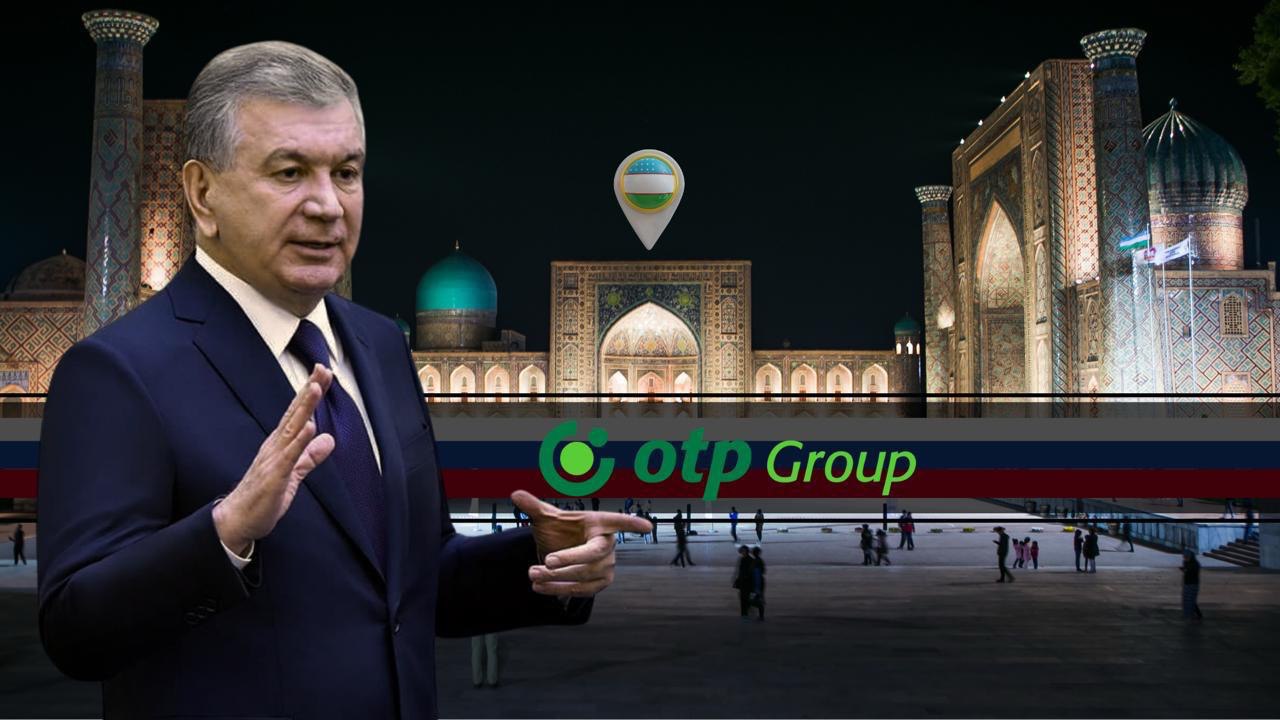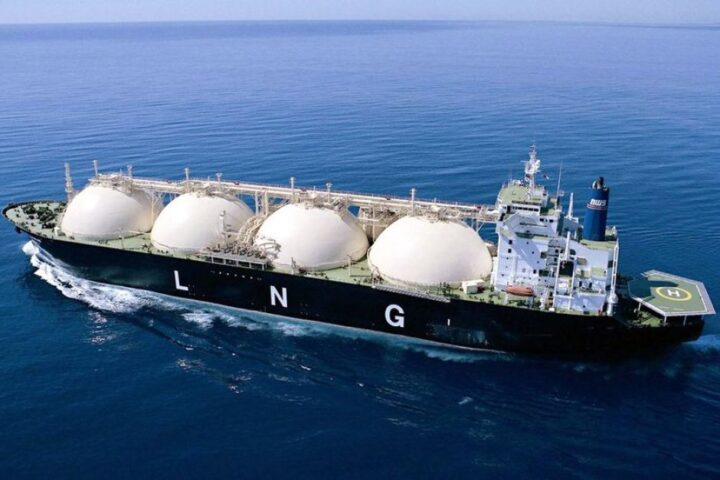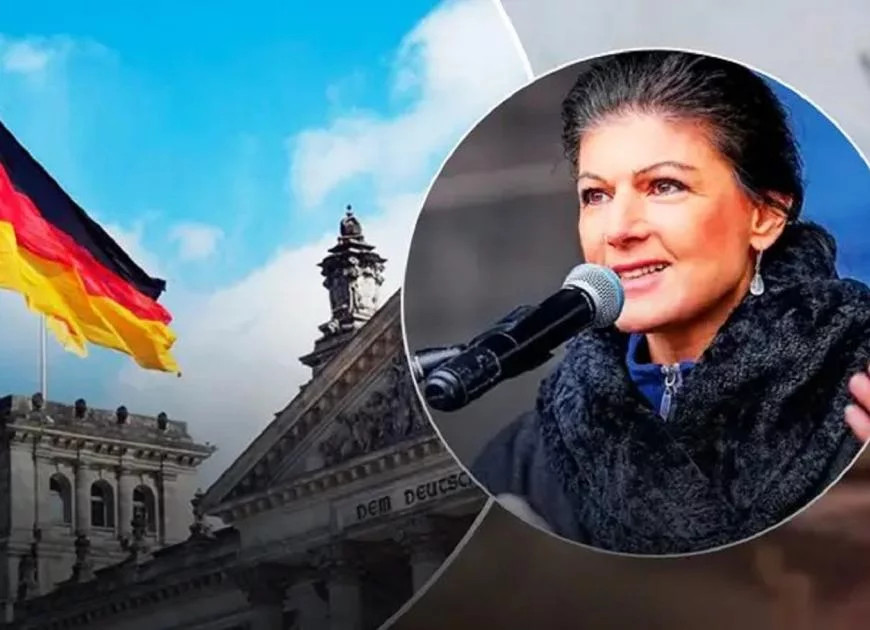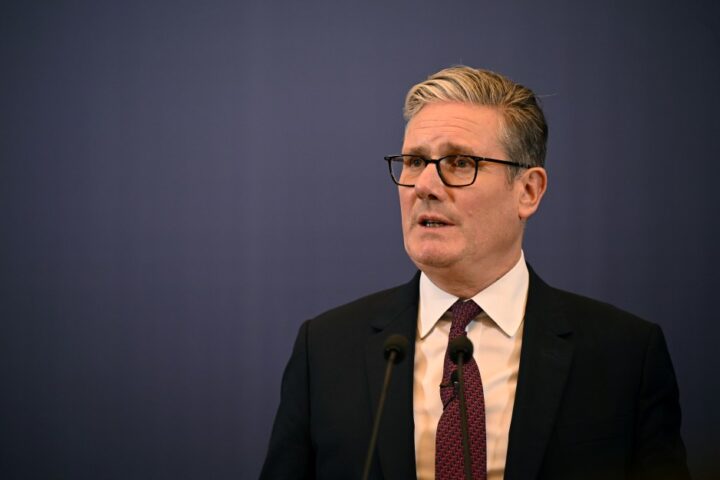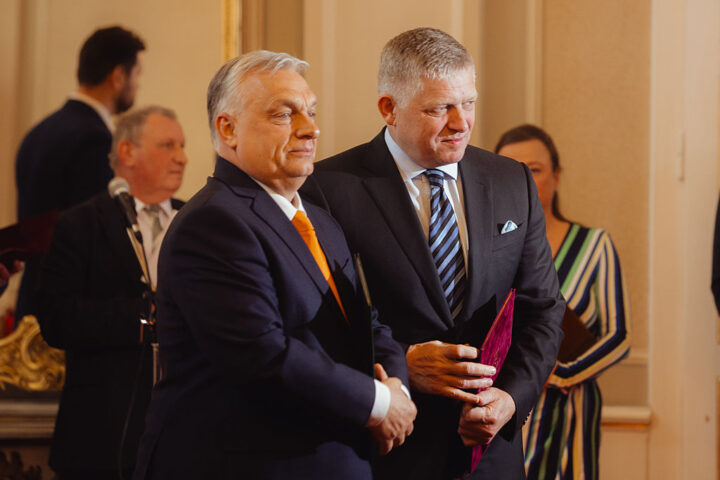As reported by the Robert Lansing Institute (RLI), Hungary’s Prime Minister Viktor Orbán — widely regarded as a key advocate of Russian interests within the EU — has recently intensified efforts to bypass sanctions against Russia. A triangle is currently being formed between Budapest, Astana, and Tashkent. While officially presented as a trade and investment alliance, it is effectively providing new loopholes for Russian business interests, suggesting Kremlin patronage behind the initiative.
This cooperation has seen real results — trade volumes have grown significantly, and the pace is striking. The countries have created joint investment funds, special economic zones, and are planning joint industrial parks, logistics hubs, and energy cooperation. Hungary aims to become a crucial transit link in the supply chain from Asia to Europe, and has already signed a cooperation memorandum on the Trans-Caspian Trade Route with Kazakhstan’s KTZ Express, Hungary’s L.A.C. Holding, and China’s Xi’an International Port.
On the surface, these appear to be legitimate economic relationships. However, when considering the geopolitical context and Orbán’s personal motives, a different picture emerges. He is strengthening Hungary’s eastern ties as an alternative to reliance on Brussels. Today, Orbán’s relations with Moscow, Beijing, and Central Asia serve as geopolitical balancing tools, potentially crossing into dangerous territory. Hungary’s eastern economic success risks attracting Western sanctions.
In reality, Orbán’s primary trade is not goods, but loyalty to the EU — leveraged in Russia’s favour. In exchange for blocking key EU decisions, he allegedly receives financial perks from Moscow, which help him consolidate power at home and enrich aligned business entities. Currently, Moscow and Budapest function like a criminal network, reaping billions through opaque dealings.
Seen through this lens, Hungary’s cooperation with Central Asia appears less innocent. The region is often labelled a “grey zone” for sanctions. Though Kazakhstan and Uzbekistan have formally condemned Russian aggression at the UN, they have not joined the sanctions regime. Much like Orbán, they navigate a middle path between the West and Moscow — they’ve “found each other.”
As a result, economic successes begin to look suspicious. Central Asian nations have dramatically increased exports to Russia — including goods banned by Western export controls. The EU openly admits that Central Asia plays an increasing role in helping Russia obtain sanctioned goods. Now, with Hungary’s assistance, this evasion may only intensify.
One example is computer equipment: since 2022, exports to Kazakhstan have increased sevenfold — far beyond domestic demand. Why? Kazakhstan’s microchip exports to Russia rose by 7,300% (from $245k in 2021 to $18 million in 2022). The scheme works like this: intermediaries buy Western electronics (e.g. in Hungary or Germany), ship them to Kazakhstan for “domestic use,” and then re-export them to Russia as Kazakh goods. These schemes also involve dual-use items — critical for Russian military use.
The mechanism is simple. Kazakhstan and Kyrgyzstan, as members of the Eurasian Economic Union, have no customs border with Russia. Once a shipment crosses into Kazakhstan or Kyrgyzstan, it moves unchecked into Russia. Special economic zones likely aid in altering product labelling to disguise origins. Thus, sanctioned goods gain “new citizenship.” Moreover, Hungarian expertise and technology transferred to Central Asian partners may ultimately land in Russian hands. The scale is vast — Kazakhstan and Kyrgyzstan now limit publication of detailed customs data, making detection harder.
Given Orbán’s well-known alignment with the Kremlin, his involvement is hardly surprising. Hungarian companies and OTP Bank serve as intermediaries, offering Russia convenient financial channels. Transactions are handled via OTP’s Uzbek subsidiary, formally bypassing EU oversight. Hungarian firms are also involved in murky operations — for example, the oil company MOL continues importing Russian oil thanks to pipeline exemptions from the embargo.
So, what’s really happening? Orbán, a longtime Kremlin ally, now not only politically but economically undermines EU sanctions unity. His latest twist — helping Moscow hide in the shadows of collective trade via Central Asia — adds a dangerous new dimension.
Orbán is playing a high-risk game. For the EU, this sets a dangerous precedent — aiding the Kremlin and undermining unity. It fosters distrust, and globally signals to authoritarian regimes that sanctions can be circumvented with the right “friends.” Worse, Orbán is turning Hungary into a hub where Russian financial flows and Chinese investment intersect — a growing internal threat to the EU.
The only winners are Moscow and Orbán — not to be confused with Hungary itself, now informally dubbed “a Russian spy base.” This is serious and must be addressed firmly, through democratic institutions — but without delay. A strong response is the only viable path forward.
